Tech
Tesla plans to build new electric vehicles in mid-2025
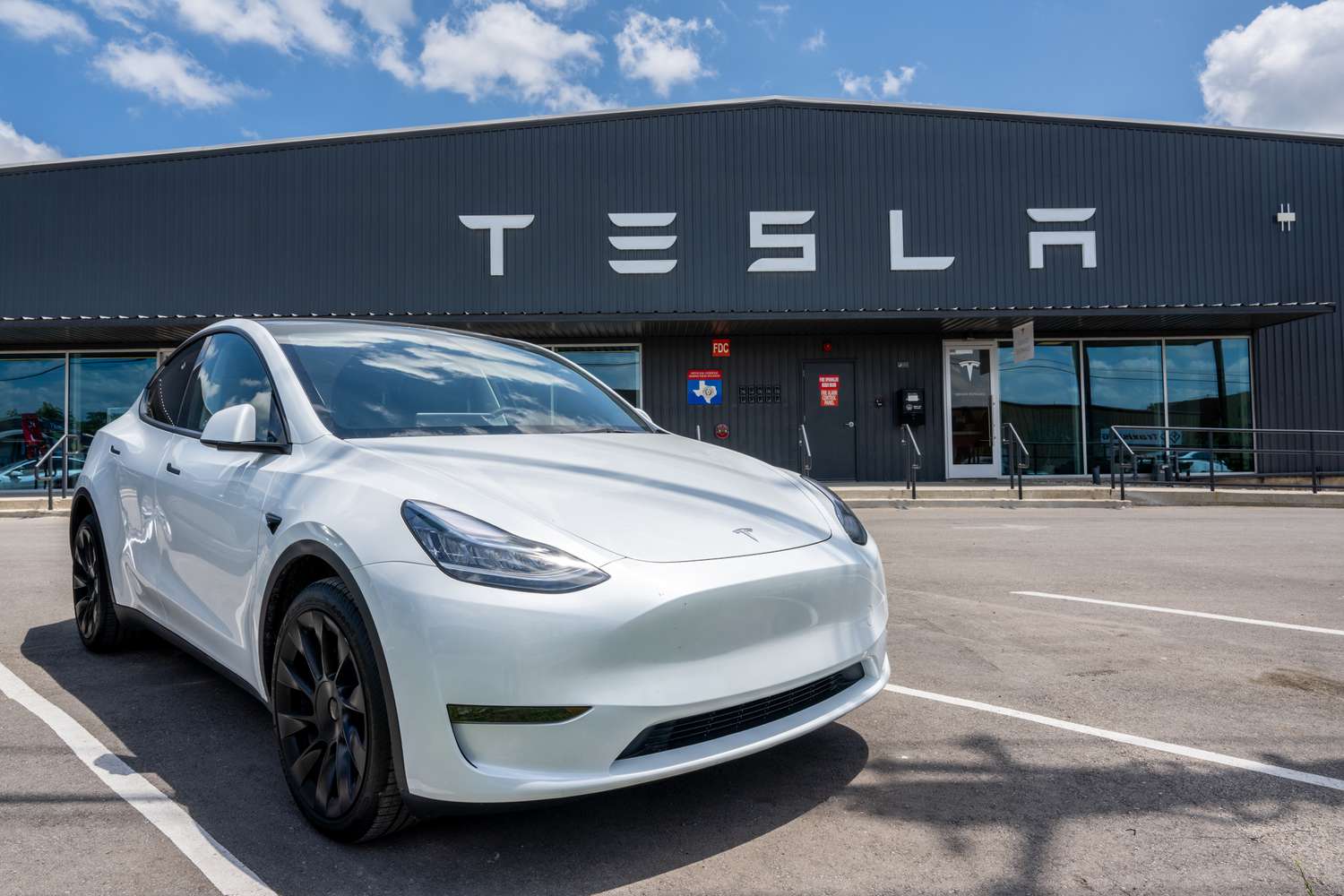
Tesla (TSLA.O), opens a new tab and has told suppliers it wants to start production of a new mass-market electric vehicle codenamed “Redwood” in mid-2025, according to four people familiar with the matter, with two of them describing the model as a compact crossover.
Tesla CEO Elon Musk has long whetted fans’ and investors’ appetites for affordable electric vehicles and self-driving robotaxis that are expected to be made on next-generation, cheaper electric car platforms.
Those models, including an entry-level $25,000 car, would allow it to compete with cheaper gasoline-powered cars and a growing number of inexpensive EVs, such as those made by China’s BYD (002594.SZ).
BYD overtook Tesla as the world’s top EV maker in the final quarter of 2023.
Musk had first promised to build a $25,000 car in 2020, a plan he later shelved and then revived. Tesla’s cheapest offering, the Model 3 sedan, currently has a starting price of $38,990 in the United States.
Musk said last year he was concerned about the impact of high-interest rates on consumer demand for big-ticket items like cars.
Tesla sent “requests for quotes,” or invitation for bids for the “Redwood” model, to suppliers last year, and forecast weekly production volume of 10,000 vehicles, two of the sources said.
Production would begin in June 2025, three of the sources said. All spoke on condition of anonymity because the matter is confidential.
Tesla did not respond to a request for comment.
Timing of next-generation compact vehicles opens new tab was one of the most voted questions by investors to Tesla ahead of its quarterly results report on Wednesday afternoon, where it is expected to forecast a 21% rise in 2024 deliveries, well below the long-term annual target of 50% that Musk set about three years ago.
Musk said in May that Tesla was working on two new products, with the potential for combined sales of 5 million vehicles a year. “Both the design of the products and manufacturing techniques are head and shoulders above anything else that is present in the industry,” he said at Tesla’s annual shareholder meeting.
Tesla plans to make an inexpensive robotaxi and an entry-level, $25,000 electric car based on the same vehicle architecture, according to Walter Isaacson’s biography of Musk released in September, which includes interviews with the CEO and executives.
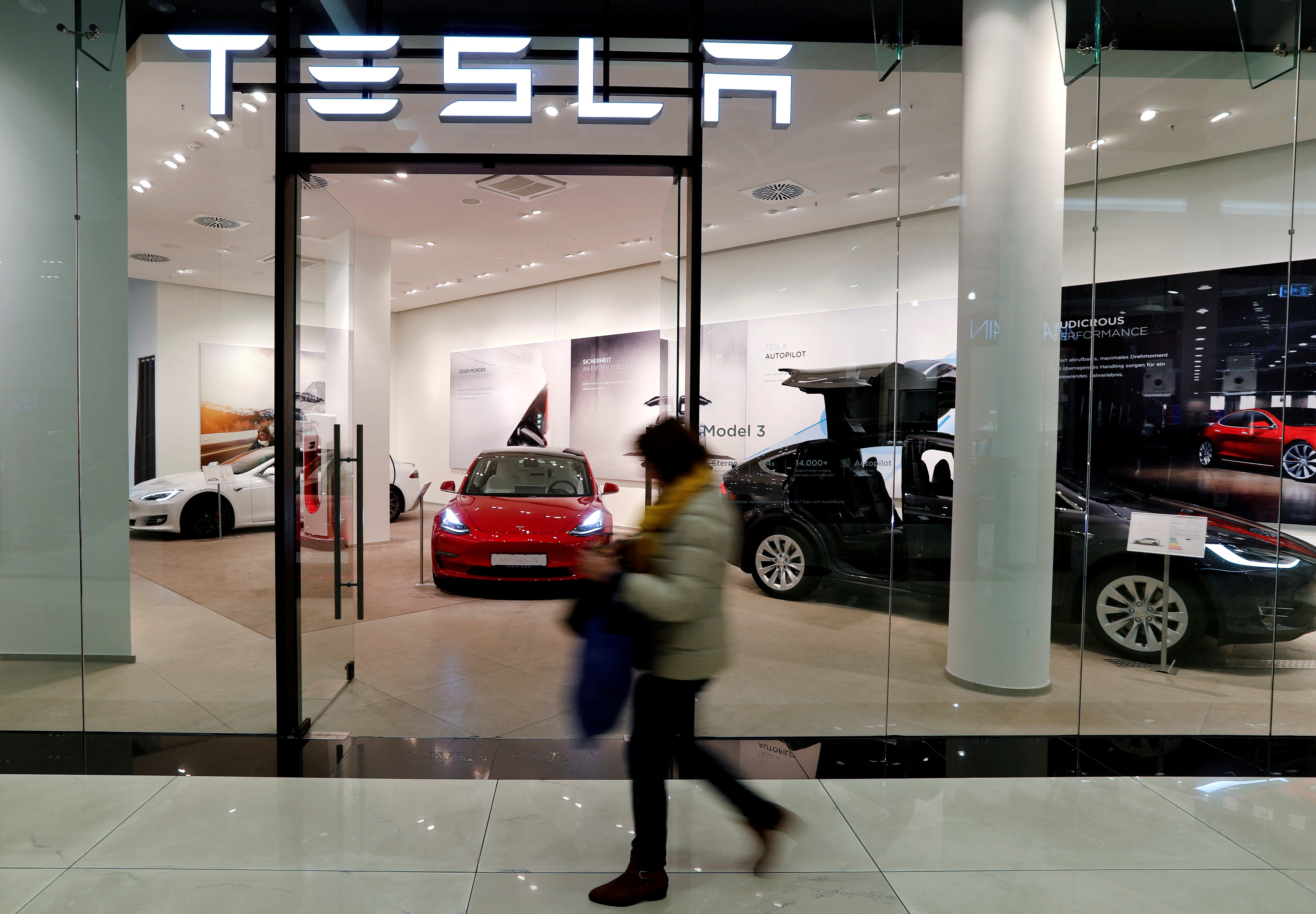
A flagstore shop of electric carmaker Tesla is pictured in Berlin, Germany, November 13, 2019. REUTERS
Musk said in 2022 that Tesla would make a dedicated self-driving taxi with a futuristic look in 2024, after several misses at its goal of achieving full self-driving capability.
He and other Tesla executives laid out plans last March to halve the cost of its next-generation vehicles but did not provide a timeframe for the launches.
STUDYING A HONDA CIVIC
Tesla has a track record of missing its targets for launches and pricing, and it would take time to build volume.
Cybertruck production, for instance, has been delayed and slow to accelerate and its $60,990 U.S. starting price is 50% higher than Musk touted in 2019.
“They have been overly optimistic on most of their new product launches. Volume output is more likely to begin in 2026,” one of the sources said.
Musk said last year the affordable model would initially be built at Tesla’s factory in Texas.
Making a profit from the cheaper EVs will be challenging, given the costs of batteries as well as traditional difficulties in producing quality inexpensive vehicles.
Tesla in recent years tore down a Honda (7267.T) and opens a new Tab Civic, whose price starts at $23,950 in the United States, to study how to make cheaper cars, two separate sources said.
The next-generation Tesla architecture, internally called “NV9X,” will include two or more models, said the two people and one of the initial sources.
Tesla also plans to build cheaper cars at its factory near Berlin, and is interested in building a factory in India to produce less expensive electric cars, sources said previously.
The EV maker also has factories in Shanghai and in Fremont, California.
© Reuters
Business
Boeing mulls shedding Airbus work in potential Spirit Aero deal
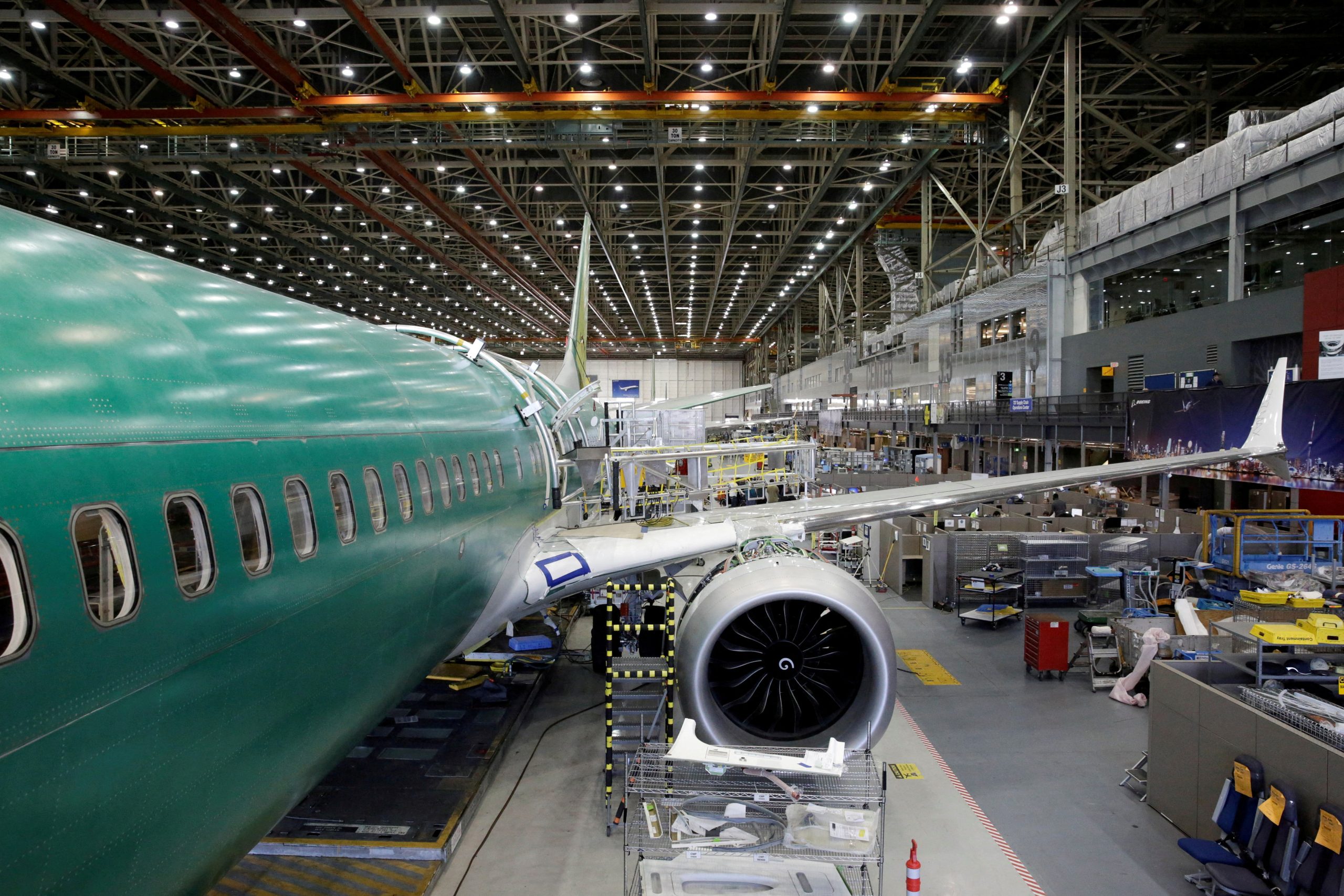
Boeing (BA.N)is looking at how Spirit AeroSystems (SPR.N) could shed or sharply reduce its ties to Airbus (AIR.PA), as the supply-chain giant’s work for the European planemaker poses complications in rival Boeing’s attempt to acquire its former subsidiary.
The U.S. planemaker is exploring offloading or redeploying specific Spirit businesses that supply key Airbus components if it reaches a deal, according to sources familiar with the matter.
Boeing (BA.N), is looking at how Spirit AeroSystems (SPR.N) could shed or sharply reduce its ties to Airbus (AIR.PA) as the supply-chain giant’s work for the European planemaker poses complications in rival Boeing’s attempt to acquire its former subsidiary.
The U.S. planemaker is exploring offloading or redeploying specific Spirit businesses that supply key Airbus components if it reaches a deal, according to sources familiar with the matter.
Boeing is also fine-tuning a defensive strategy in case European regulators take issue with Airbus relying on its main rival for key components in its supply chain, some of which are custom-made using proprietary design and technology.
The Airbus business generated a fifth of Spirit Aero’s revenue in 2023, making it sizeable enough to factor in to a potential deal, though Boeing could complete a Spirit purchase without a sale of those businesses.
However, Boeing does not want to own Spirit Aero’s Airbus business, which includes wing-making for the small A220 jet in Belfast, Northern Ireland that loses money, the sources said.
The four sources requested anonymity because the deliberations are confidential.
Spirit, which has a market value of close to $3.8 billion, has already held exploratory talks with Airbus about selling the plant, Reuters reported this month.
It is unclear how receptive Airbus might be to taking over Spirit operations. While its options to block a sale of Spirit to Boeing outright are limited, Airbus has significant lobbying power with European governments and could try to force Boeing to buy its way out of Spirit’s Airbus contracts, the sources said.
“There are very active conversations but no clear road map,” one of the sources said, adding that Airbus was studying all options.
Airbus and Boeing both declined comment.
Boeing has also been looking at whether other companies may be interested in Spirit’s Airbus business, the sources said. It was not immediately clear if any interested party has emerged.
Spirit Aero spokesman Joe Buccino said the company is committed to acting in the best interests of customers, employees and shareholders. “As commercial negotiations with Airbus continue, many options remain viable,” Buccino said, without elaborating.
PRODUCTION ISSUES
Boeing would gain more control of its production by buying back Spirit, but could have to pay large sums to buy its way out of contracts.
Spirit makes a key fuselage section and wing spars for the Airbus A350 wide-body jet at its Kinston plant in North Carolina, and wing parts for Airbus at Prestwick in Scotland.
“The Airbus A350 composite technology is sensitive because Airbus wouldn’t want a rival in charge of important pieces in their production,” aerospace analyst Richard Aboulafia said.
Spirit’s backlog at the end of the fourth quarter of 2023 was approximately $49 billion, which includes work packages on all commercial platforms in the Airbus and Boeing backlog.
According to its latest annual report, 19% of Spirit Aero’s revenue derives from Airbus projects, up from 10% in 2013.
Spirit also has been trying to secure better prices from Airbus, at a time when the European planemaker is looking for some supplier price cuts.
Without better prices, Spirit could lose more than $400 million annually while supplying Airbus with parts for its A220 and A350 aircraft in the coming years, TD Cowen analysts said.
“We don’t see a Boeing-Spirit deal until Spirit’s pricing issue on the A220 has been sorted out and there is clarity on what happens to the rest of the Airbus work,” they wrote earlier this month.
© Reuters
Business
Aston Martin delays first electric car as losses narrow
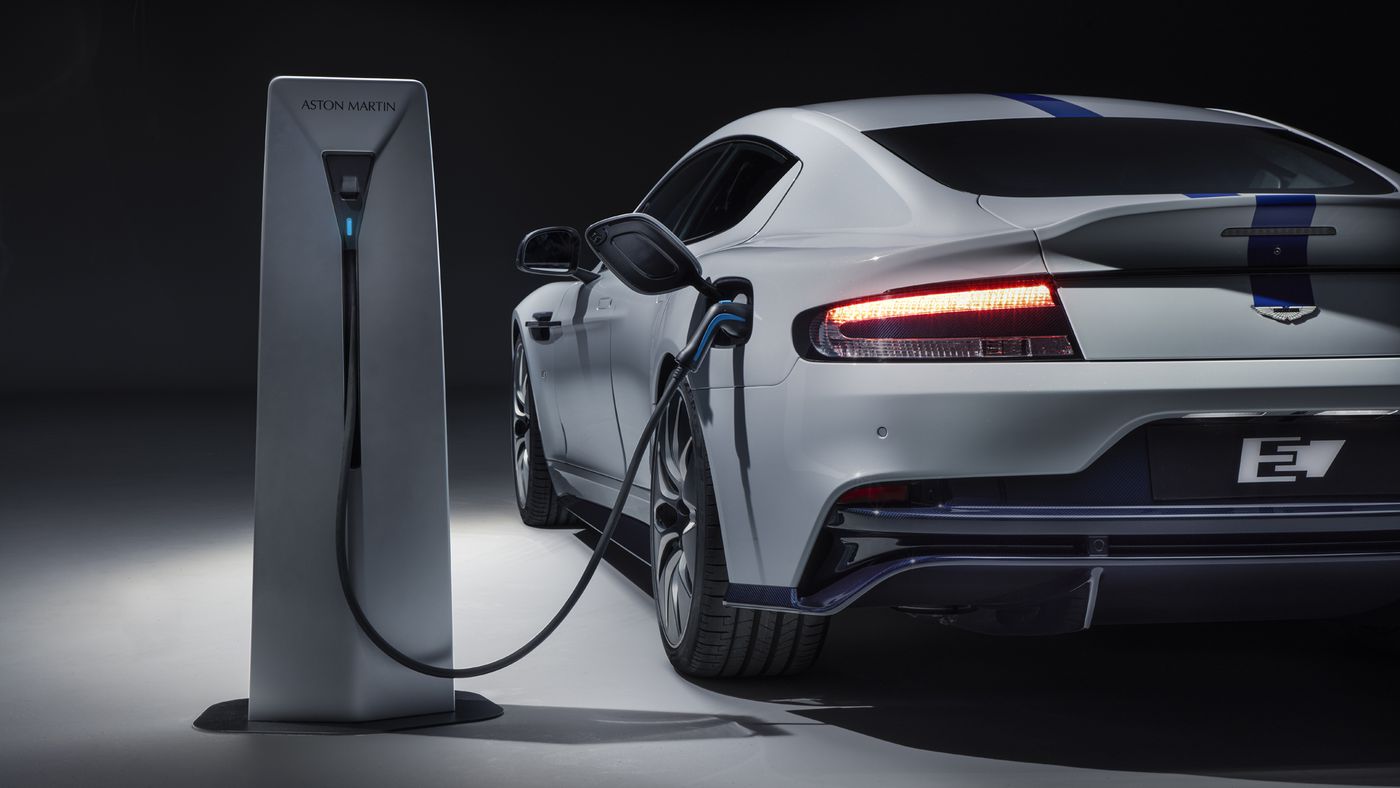
Aston Martin (AML.L) is delaying the launch of its first electric car because of a lack of consumer demand, it said on Wednesday, as record prices for its luxury and special edition models helped the British carmaker shrink annual losses.
Aston Martin is now targeting the launch of its battery electric vehicle (BEV) in 2026, a year later than planned – becoming the latest automaker to push back electrification goals as investment in capacity and technology has outpaced EV demand.
“The consumer demand (for BEVs), certainly at an Aston Martin price point, is not what we thought it was going to be two years ago,” Executive Chairman Lawrence Stroll told journalists.
Stroll said there was “much more driven demand” for plug-in hybrid vehicles, especially for a company like Aston Martin, as people “want some electrification … but (to) still have the sports car smell and feel and noise”.
Aston Martin’s first hybrid supercar, Valhalla, is on course to enter production this year.
The company’s annual pretax losses more than halved in 2023, coming in smaller than market expectations, after selling prices reached record levels as it delivered its Valkyrie models and other special edition cars.
Mercedes-Benz earlier this month delayed its electrification goal by five years and assured investors it would keep sprucing up its combustion engine models.
Last June, Aston Martin signed a supply agreement with Saudi Arabia-backed Lucid Group (LCID.O), to bolster its electrification strategy.
Stroll, who played down concerns about competition from Chinese EV maker BYD , added he was happy with the battery technology and platforms available to the company.
PIVOT
Fictional secret agent James Bond’s car brand of choice, Aston Martin has had a tough time since its market debut in 2018.
However, top shareholder Stroll has been trying to bolster its cash and margins by rolling out next-generation sports cars – the latest of which was the new Vantage sports model unveiled this month.
The carmaker’s shares were down 2% at 1047 GMT as investors fretted about its cash flow and volumes.
Aston Martin had hoped to turn free cash flow positive in the fourth quarter, but was hit by the timing of deliveries of its DB12 and Valour models.
It now expects positive cash generation in the second half of this year.
“Aston Martin is pumping reams of cash into marketing in a bid to help position itself at the ultra-luxury end of the spectrum. This pivot was never going to come cheap,” said Hargreaves analyst Sophie Lund-Yates.
Aston Martin reported an adjusted pretax loss of 171.8 million pounds ($217.4 million) for the year ended Dec. 31, compared with a 451 million pounds loss a year earlier.
Analysts, on average, expected a loss of 209 million pounds, according to a company-compiled consensus.
The company kept its near- and medium-term forecasts unchanged.
© Reuters
Business
Meta CEO Zuckerberg meets Japan PM Kishida in Tokyo to discuss AI
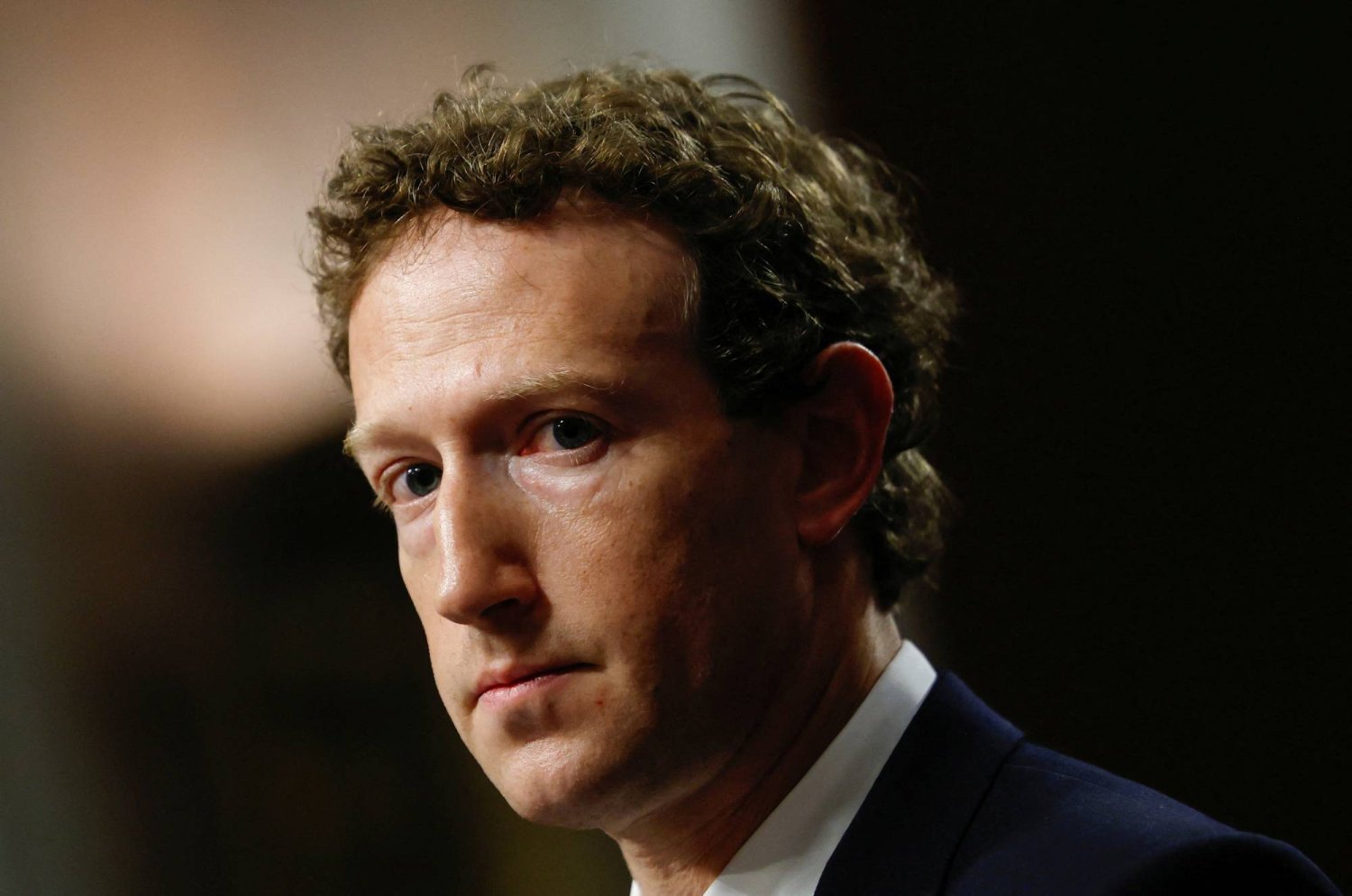
Meta Platforms (META.O) Chief Executive Mark Zuckerberg discussed artificial intelligence issues with Japanese Prime Minister Fumio Kishida on Tuesday during the Facebook founder’s trip through Asia.
“We had a good, productive conversation about AI and the future of technology,” Zuckerberg said in brief comments to reporters at the prime minister’s residence in Tokyo. He left without taking questions.
The meeting followed reports that Zuckerberg would visit South Korea at the end of this month to discuss AI with Samsung Electronics (005930.KS) chairman, Jay Y. Lee, and possibly meet South Korean President Yoon Suk Yeol.
Meta, the operator of Facebook, last week confirmed Zuckerberg was planning to visit South Korea.
Japan’s government and corporate sector are racing to catch up in AI development. In the past year, Kishida has met with OpenAI CEO Sam Altman and Nvidia (NVDA.O) CEO Jensen Huang to discuss AI regulation and infrastructure.
© Reuters
Business
Vodacom has been ordered to pay Please Call Me idea-man R29 billion — minimum
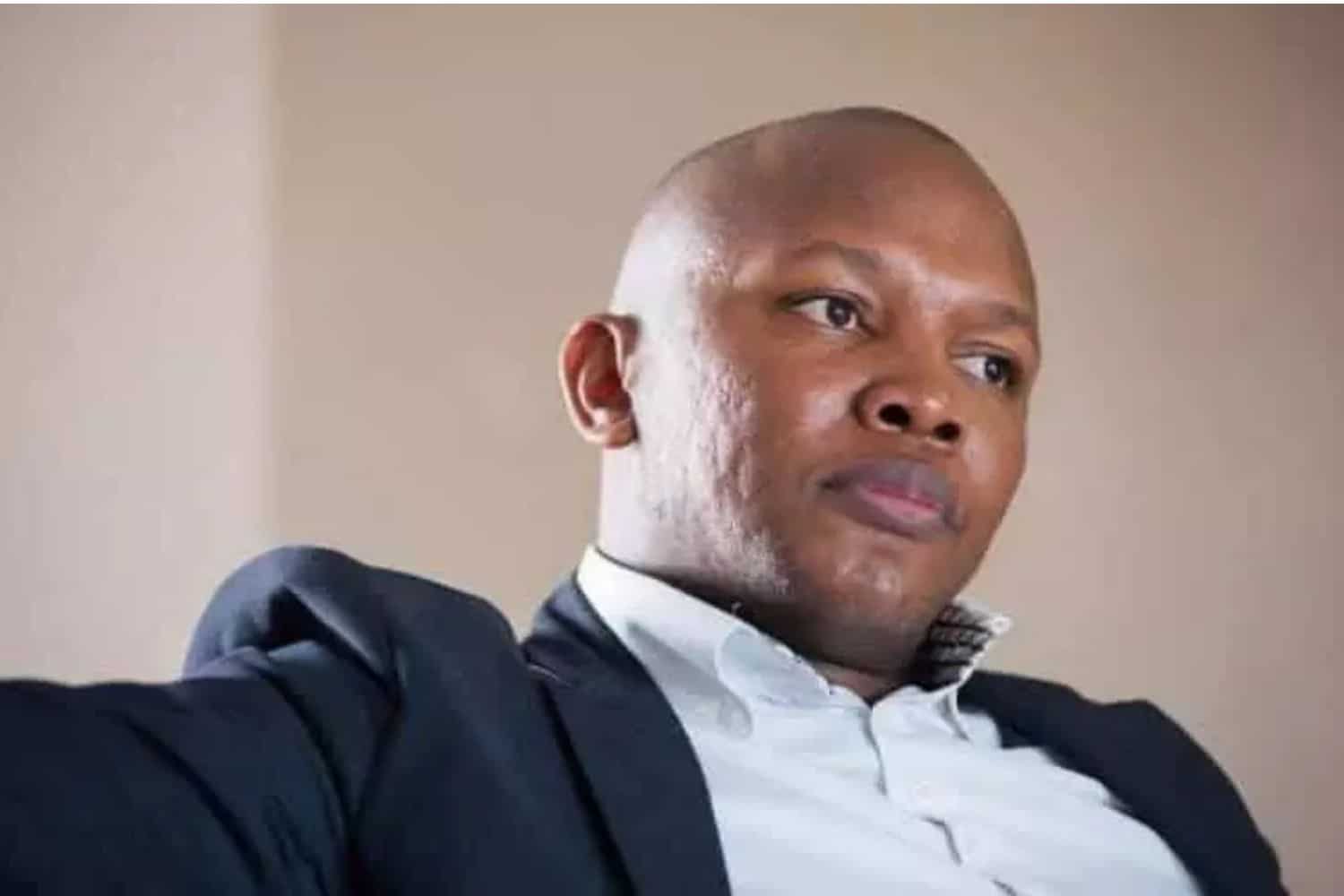
South Africa’s Supreme Court of Appeal has ordered Vodacom to pay Kenneth Nkosana Makate a minimum of R29 billion for his Please Call Me idea.
Court documents, which MyBroadband has seen, show that the Supreme Court has essentially ordered Vodacom to pay Makate between R28.99 billion and R55.37 billion.
This is much higher than previous assumptions that were based on Makate’s earlier statements and High Court filings.
The exact wording of the Supreme Court ruling was as follows:
“The applicant is entitled to be paid 5%–7.5% of the total revenue of the [Please Call Me] product from March 2001 to date of judgment by the Second Respondent, together with the Mora Interest thereon, alternatively interest in terms of Section 2A(5) of the Prescribed Rate of Interest Act,” the order stated.
It continued: “…the total revenue of the PCM product shall be that set out in Model 9A, 9B & 9BB submitted to the First Respondent by the Applicant (Annexure ‘NM30’–‘NM32’ to the Supplementary Founding Affidavit)”.
MyBroadband obtained these annexures and summarised the compensation Makate’s models arrived at.
Models 9B and 9BB were pretty straightforward as the final compensation based on 5%, 7.5%, and 15% revenue share were tabulated according to Mora Interest, compound interest, and Special Interest.
These models make certain assumptions about the number of Please Call Me messages sent over 18 years, their success rate, the average call duration, and the average call revenue.
The models then arrive at a total call revenue generated by Please Call Me of R194.8 billion over 18 years.
Model 9A was trickier to analyse as it assumed 15% revenue share and didn’t break down the final compensation by Mora Interest and Special Interest.
However, it provided a sub-total of estimated call revenue generated by Call Me messages that was close to Model 9B/9BB — R196.84 billion.
It then adds Please Call Me advertising revenue, “Recharge Me” revenue, and an additional estimate of how much it generated outside South Africa.
Under Model 9A, the total Please Call Me revenue comes to R273.39 billion. 5% of this came close to the 7.5% revenue share amounts in Model 9B/9BB, allowing us to expand our analysis using amounts already accepted by the Court.
The table below summarises how much the Supreme Court effectively ordered Vodacom to pay in its ruling handed down on 6 February 2024.
Vodacom has said it will challenge the Supreme Court’s ruling in the Constitutional Court.
Compensation / Revenue share Model 9A Model 9A
(call revenue only)Model 9B/9BB 5% revenue share with Mora Interest ~R43 billion ~R30 billion R28.99 billion 5% revenue share with Special Interest ~R55 billion ~R37 billion R36.91 billion 7.5% revenue share with Mora Interest N/A
(Over R55 billion)~R44 billion R43.48 billion 7.5% revenue share with Special Interest N/A
(Over R55 billion)R55+ billion R55.37 billion The amounts above are based on those provided by Makate’s legal team and accepted by the Supreme Court.
© My Broadband




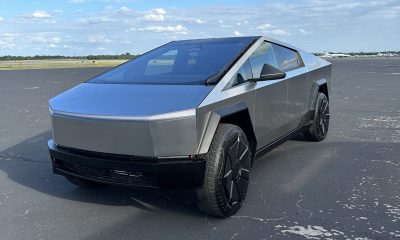

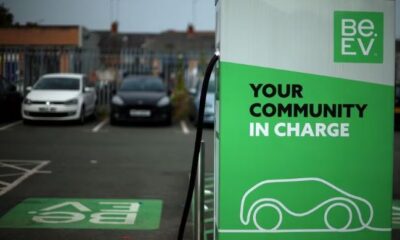







You must be logged in to post a comment Login